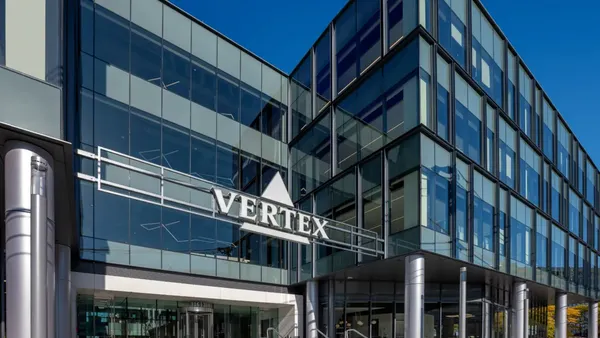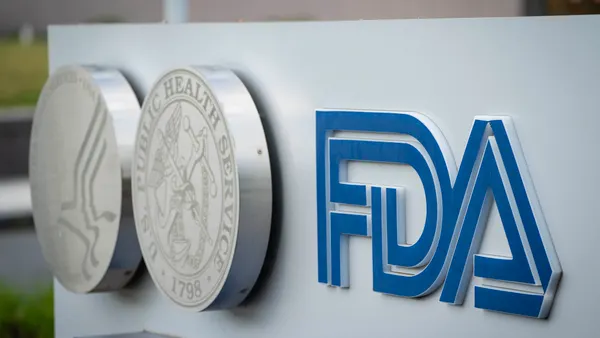Lexeo Therapeutics on Tuesday said the Food and Drug Administration appears willing to review, and potentially approve, its experimental rare disease gene therapy more quickly than previously anticipated.
According to the company, the agency has “indicated openness” to an accelerated approval filing for its treatment — a gene therapy called LX2006 for the neurodegenerative condition Friedreich’s ataxia — that’s based on pooled data from ongoing studies as well as results from a planned pivotal trial.
Lexeo needs to include additional manufacturing information to its submission, as it intends to employ an optimized production method for future studies and commercial use. Taken together, though, the update, along with the FDA’s decision to endorse an early look at the treatment’s efficacy, could “reduce the size and length” of the pivotal trial and speed up a possible filing, the company said.
“We are encouraged by our recent dialogue with the FDA on LX2006, and we appreciate the agency’s collaborative spirit as we work to deliver a potentially life-changing therapy to the [Friedreich’s ataxia] community as efficiently as possible,” said Lexeo CEO R. Nolan Townsend, in a statement.
Lexeo’s treatment is being developed for an often deadly complication associated with the disorder. While primarily known for the progressive nerve damage it causes, Friedreich’s ataxia most often turns fatal due to a type of cardiomyopathy that can lead to heart failure.
Biogen’s Skyclarys, the only drug available for Friedreich’s ataxia, slows neurological disease progression but doesn’t impact the heart. Lexeo’s therapy is different, packaging inside an engineered virus instructions for a protein that restores mitochondrial function in heart tissue.
Early study results have shown the potential for Lexeo’s therapy to impact signs of heart damage. Lexeo executives have argued the findings make for a compelling case for an accelerated approval at a time when U.S. regulators have expressed interest in speeding clearances for rare disease gene therapies.
Lexeo’s final push is coming while the FDA is under new leadership. Under Commissioner Martin Makary and top deputy Vinay Prasad, the agency’s stated willingness to be flexible has conflicted, at times, with decisions to reject certain rare disease treatments. But in recent weeks, the FDA published new draft guidance outlining accelerated approval pathways, post-approval requirements and new clinical trial designs. Shares of companies like Taysha Gene Therapies, Neurogene and UniQure have also climbed on seemingly improved chances of speedier approvals.
Lexeo’s announcement Tuesday “builds on continued flexible regulatory feedback in the gene therapy space broadly,” Stifel analyst Paul Matteis wrote in a client note.
The company’s pivotal trial should begin in the first half of 2026. Shares rose about 30% in early trading Tuesday.















